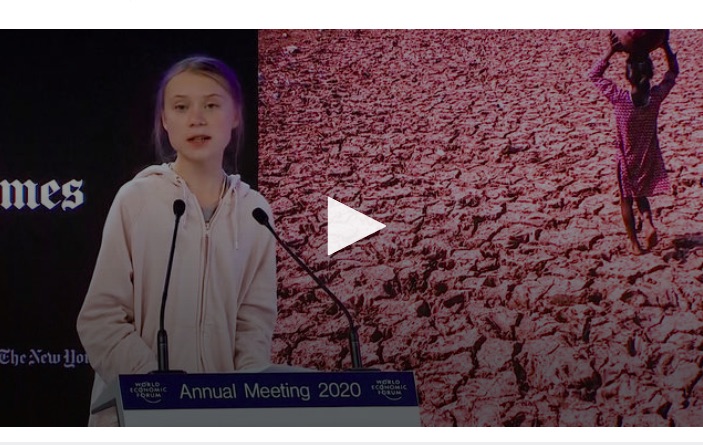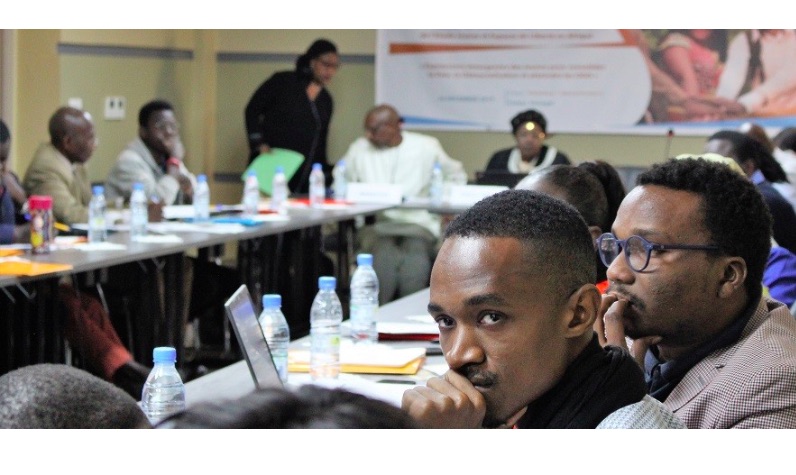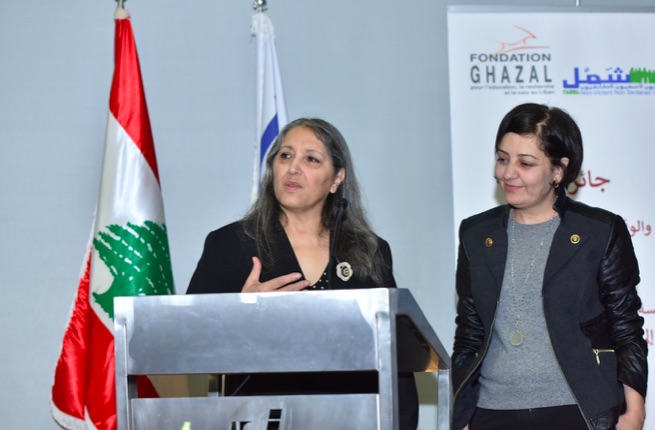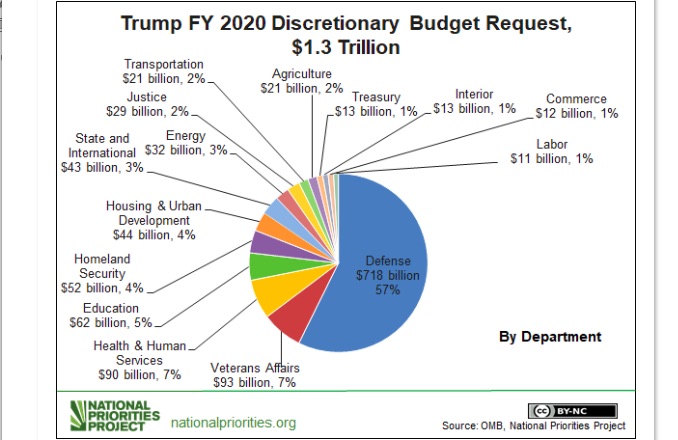. . SUSTAINABLE DEVELOPMENT . .
An article from Democracy Now (licensed under a Creative Commons Attribution-Noncommercial-No Derivative Works 3.0 United States License)
The 17-year-old Swedish climate activist Greta Thunberg delivered a speech Tuesday to the world leaders and global elite gathered in Davos, Switzerland, for the World Economic Forum, one year after she first condemned the forum for its inaction on climate change. “We don’t need a ‘low-carbon economy.’ We don’t need to ‘lower emissions.’ Our emissions have to stop,” Thunberg said. “And until we have the technologies that at scale can put our emissions to minus, then we must forget about net zero. We need real zero.”

Video of Thunberg speech
AMY GOODMAN: We end today’s show with the words of a 17-year-old: Swedish climate activist Greta Thunberg. She just turned 17 in the last weeks. She addressed world leaders today at the World Economic Forum in Davos, Switzerland.
GRETA THUNBERG: One year ago, I came to Davos and told you that our house is on fire. I said I wanted you to panic. I’ve been warned that telling people to panic about the climate crisis is a very dangerous thing to do. But don’t worry. It’s fine. Trust me. I’ve done this before. And I can assure you: It doesn’t lead to anything.
(article continued in right column)
(Article continued from the left column)
And for the record, when we children tell you to panic, we’re not telling you to go on like before. We’re not telling you to rely on technologies that don’t even exist today at scale and that science says perhaps never will. We are not telling you to keep talking about reaching net zero emissions or carbon neutrality by cheating and fiddling around with numbers. We’re not telling you to offset your emissions by just paying someone else to plant trees in places like Africa, while at the same time forests like the Amazon are being slaughtered at an infinitely higher rate. Planting trees is good, of course, but it’s nowhere near enough of what is needed, and it cannot replace real mitigation and rewilding nature.
And let’s be clear: We don’t need a low-carbon economy. We don’t need to lower emissions. Our emissions have to stop, if we are to have a chance to stay below the 1.5-degree target. And until we have the technologies that at scale can put our emissions to minus, then we must forget about net zero. We need real zero, because distant net-zero emission targets will mean absolutely nothing if we just continue to ignore the carbon dioxide budget that applies for today, not distant future dates. If high emissions continue like now even for a few years, that remaining budget will soon be completely used up.
The fact that the U.S.A. is leaving the Paris accord seemed to outrage and worry everyone. And it should. But the fact that we are all about to fail the commitments you signed up for in the Paris Agreement doesn’t seem to bother the people in power even the least. Any plan or policy of yours that doesn’t include radical emission cuts at the source starting today is completely insufficient for meeting the 1.5- or well below 2-degree commitments of the Paris Agreement.
And again, this is not about right or left. We couldn’t care less about your party politics. From a sustainability perspective, the right, the left, as well as the center, have all failed. No political ideology or economic structure has been able to tackle the climate and environmental emergency and create a cohesive and sustainable world, because that world, in case you haven’t noticed, is currently on fire.
AMY GOODMAN: Seventeen-year-old Swedish climate activist Greta Thunberg addressing world leaders at the World Economic Forum in Davos, Switzerland. She spoke just after President Trump spoke at the gathering, touting the economy but not talking about the climate crisis, which is the focus of the World Economic Forum, the World Economic Forum in Davos. That does it for our show. We’ll post her whole speech online.
(Thank you to Phyllis Kotite, the CPNN reporter for this article.)








